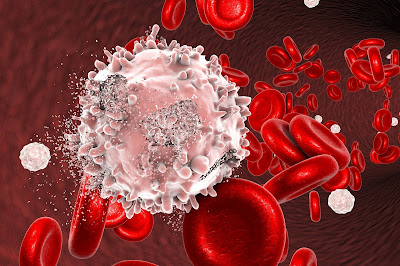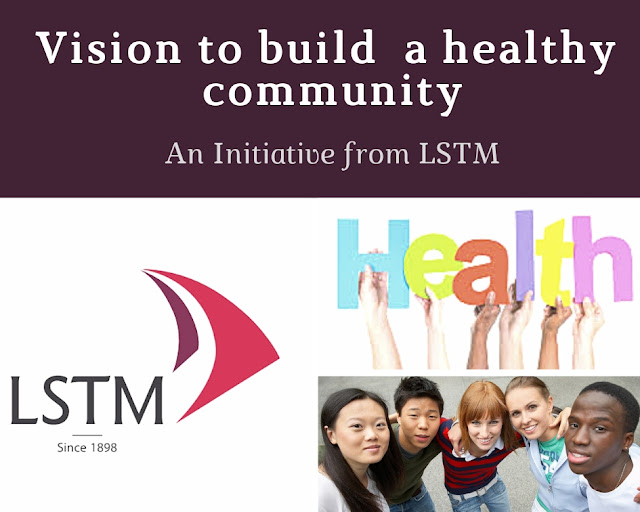LSTM receives grant to help improve health of people living in informal settlements
The Liverpool School of Tropical Medicine (LSTM) has been awarded £11.8 million by the UK government's Global Challenges Research Fund (GCRF) for a grant to help improve the health of people living in informal settlements in low and middle-income countries. The UKRI GCRF Accountability for Informal Urban Equity Hub, or ARISE, will support precarious and marginalised people claim their rights to health and build accountability and capacity to provide them with security and services. LSTM's Professor Sally Theobald is Principle Investigator for the ARISE Hub, she said: "More than half of the world's people live in cities, with one in three of those living in low and middle-income countries doing so in informal settlements, sometimes known colloquially as slums, with inadequate access to services and opportunities to shape decisions about their environment. Our research will support the people in our focal communities to claim their rights to health and well-bei...




I am here to testify, I can't stop thanking Dr Odumodu for this great thing he has done in my life. I am so grateful to him, I was suffering HIV diseases for 8years, when I contacted Dr Odumodu after reading the wonderful testimony that people has been sharing about him. I have being on medication and trying looking cure to my ailment. I went through the internet doctors and I contacted a Tradomedical/Traditional herbalist doctor named, Dr Odumodu for help. He gave me all his rules and regulations that if he cure me that I should write about him on internet site and that is what I am doing now. He assured me that he will cure me completely with his natural herbal medicine which he really did, and I am now completely cured from HIV diseases, what will I say rather than thanking him for saving my life. Why suffering in silence when there is remedy to your problems, Dr Odumodu also specialized in curing the following diseases!
ReplyDelete(1) HIV/AIDS
(2) Diabetes
(3) Herpes Genital virus
(4) Hepatitis C and B
(5) Kidney failure
(6) Hypertension
(7) Arthritis
(8) Infectility/Impotence
(9) Cancer Diseases
(10) Skin Infections Problem
(11) Fibroids Tumor
(12) Ulcer
(13) Asthma
(14) Gonorrhea/Staphylococcus
(15) HPV
(16) If you always had bad dreams
(17) Weak Erections
(18) Weak Ejaculation
(19) Low Sperm can
(20) PENIS Enlargement
(21) If you want your ex back
(22) Pile Infections
For more informations contact Dr Odumodu via email: ( drodumoduspiritualpower@gmail.com ) you can also call him on his mobile number or Whatsapp +2349067340424